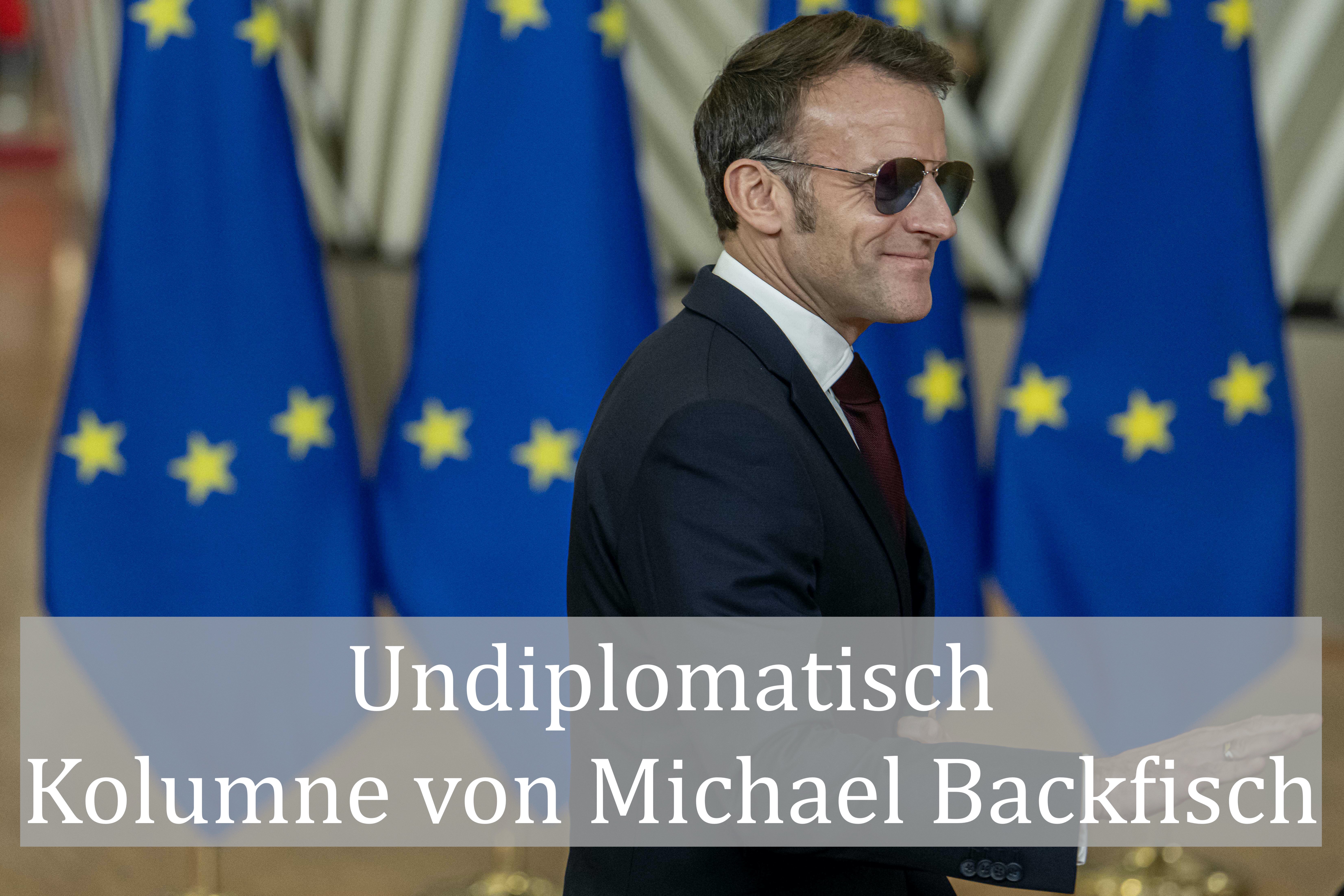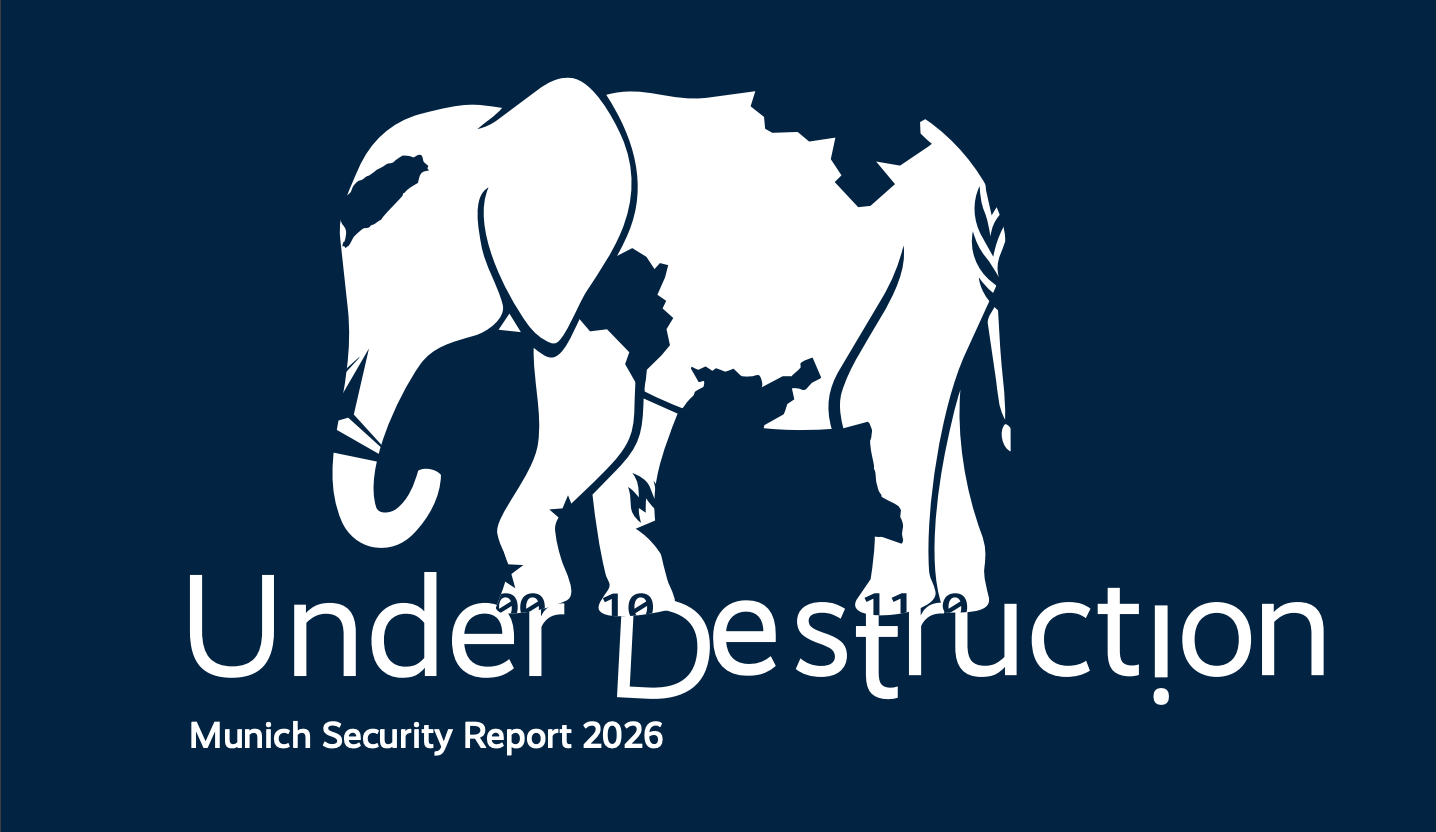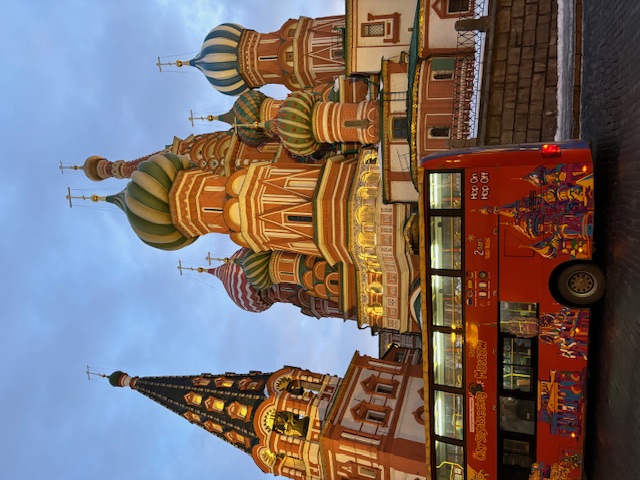diplo.news
The “Jeju 4.3” massacre — from taboo to UNESCO World Heritage Site

Jeju, the largest island in South Korea, is known as a subtropical holiday paradise, a popular wedding island, a sought-after film filming location and for its “sea women”, who can dive for up to four minutes without a respirator to harvest seafood, and have become an intangible UNESCO World Heritage Site for this 2000-year-old tradition.
Jeju is barely known for the genocide-like massacre that took at least 30,000 lives 75 years ago, destroyed almost all villages and drenched the entire island in blood. Thousands of residents were tortured, imprisoned in an alcohol factory converted into a concentration camp, drowned in the sea.
Korea calls it “Jeju 4.3.” The number stands for April 3, 1948, the day the turmoil peaked. The majority of the population was communist. Police repression under a right-wing local government, instituted by the US military government in Seoul, sparked resistance and uprisings. Police, army and secret services fought back with extreme brutality with the help of the American occupying army. In order to isolate the rebels, all villages that were more than five kilometers from the coast were razed to the ground and the inhabitants were killed. The burial of the victims, even the simple mention of mass murder, was prohibited. That is why the massacre is still trivialized as the “Incident of April 3” or simply “Four Three”.
A taboo subject for decades
For decades, the massacre was kept secret, hushed and suppressed. It was a taboo subject. In Korean museums, it is narrowly stated that the US military government has ordered the violent suppression of uprisings, and that many islanders have fallen victim to it. There are also only brief mentions in school books. For half a century, there was no public confrontation with state violence against its own Korean population.
There was no punishment of perpetrators, rehabilitation of victims, compensation for survivors. The current government of South Korea is also playing over the history of violence. According to this, state violence was certainly a tragedy, but we had to look ahead and develop the economy further. Many only regard Jeju 4.3 as part of the success story of South Korean democratization.
That is gradually changing. The processing, the search for truth and the search for documents began cautiously and timidly 25 years ago. But despite this reappraisal, the history of Jeju remains controversial and relatively unknown both at home and abroad.
The new narrative of reconciliation
Instead of punishments and compensation, the narrative of reconciliation and coexistence was introduced. Local places of remembrance, educational institutions, a research center and a peace park gradually emerged. Local citizens' initiatives endeavoured to create an open culture of remembrance, in cooperation with the current local government.
Jeju 4.3 now wants to be added to the UNESCO World Document Heritage List. The application was submitted in November 2023. UNESCO's “Memory of he World” (MoW) program is intended to ensure free access to document collections and prevent collective memory loss.
With an exhibition of documents and photos and a symposium with experts, the Jeju provincial government is underlining its concern, which will be decided in 2025. The opening was held by South Korean Ambassador Sang-beom Lim and Deputy Governor of Jeju Island, Ae-sook Kim.

SIPRI Director: A role model for conflict resolution
Dan Smith, Director of the renowned Stockholm Peace Research Institute (SIPRI), supports the application. In his speech, he said that especially now, when global military spending and the number of refugees had never been higher, we should never forget what had happened. “You must not forget Jeju, otherwise you could also forget Gaza and Ukraine,” Smith said. You have to look the truth in the eye. “Reconciliation does not come by itself.” Jeju is an example of the process of remembrance, commemoration and reconciliation and a role model for dealing with other tragedies as well.
Tobias Bacherle, member of the Bundestag for the Greens and rapporteur for Korea, said: “We owe it to the victims, their descendants, but also to the perpetrators, to work through the acts and ensure that they are not forgotten.”
The fact that South Korean writer Han Kang was awarded the Nobel Prize in Literature just a few days before the presentation by the Jeju local government was not planned, but it was a perfect fit. In one of her books, she describes Jeju 4.3.
Ewald König





